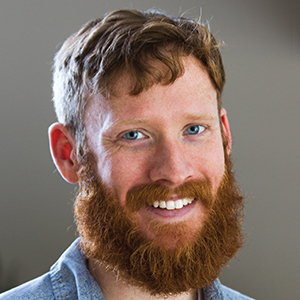Young wins Nobel Prize
in medicine or physiology
Michael W. Young at the Rockefeller University and Michael Rosbash and Jeffrey C. Hall at Brandeis University have won the 2017 Nobel Prize in Physiology or Medicine for their discoveries of molecular mechanisms controlling circadian rhythm.
The oscillations of the circadian rhythm are responsible for the regular, daily functioning of countless biological processes, including sleep, metabolism, hormone regulation and body temperature. By exploring the process in fruit flies, the Nobel laureates isolated the gene that drives the oscillations by encoding a protein that accumulates in cells during the day and is degraded at night. This daily cycle, by which cellular clockwork is coupled to the Earth’s, has since been observed in plants, animals, fungi and cyanobacteria.
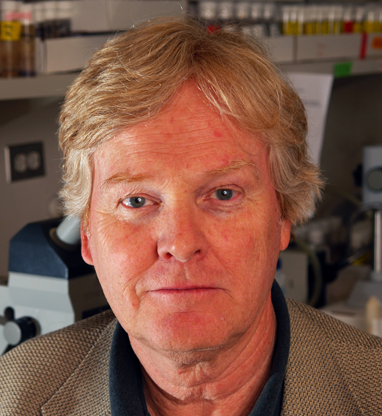 Michael W. Young
Michael W. Young
The Nobel Assembly at Karolinska Institutet in Sweden, which issues the prize, in a press release noted that “the seminal discoveries by Hall, Rosbash and Young have revealed a crucial physiological mechanism explaining circadian adaptation, with important implications for human health and disease.”
Young, a member of the American Society for Biochemistry and Molecular Biology and the National Academy of Sciences, earned his B.A. in biology in 1971 and his Ph.D. in genetics in 1975 at the University of Texas at Austin. He followed that up with a postdoc at Stanford University. He has been a faculty member at Rockefeller since 1978.
Young will share one-third of the $1.1 million prize with Rosbash and Hall.
“In 1930, George and Ira Gershwin published their famous jazz song, ‘I Got Rhythm.’ Well, it turns out, we all got rhythm. Even the simple fruit fly got rhythm. And, amazingly, it’s the same rhythm,” says Gregory A. Petsko, an endowed professor at Weill Cornell Medical College and professor emeritus at Brandeis.
Petsko continued: “(Circadian rhythm) explains why we sleep when we do and why we feel wiped out when we take a long airplane trip across many time zones. It is one of the most fundamental processes in all higher organisms. (T)hanks to the laureates, we now know the words and lyrics — i.e, the mechanism — of that rhythm as well as we do that of the Gershwins.”
Enjoy reading ASBMB Today?
Become a member to receive the print edition monthly and the digital edition weekly.
Learn moreGet the latest from ASBMB Today
Enter your email address, and we’ll send you a weekly email with recent articles, interviews and more.
Latest in People
People highlights or most popular articles
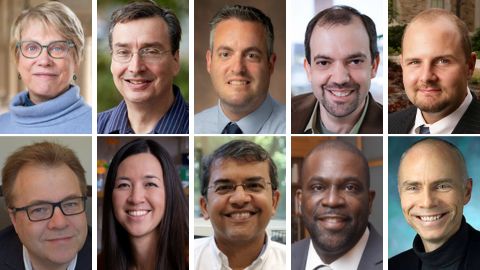
2024 voter guide
Learn about the candidates running for ASBMB Council, Nominating Committee, Publications Committee and treasurer.
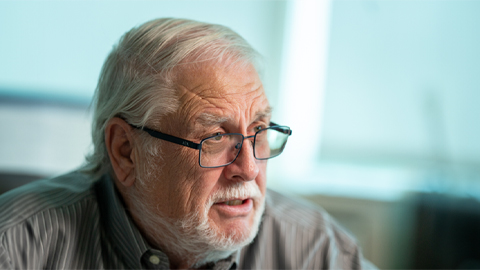
Charles O. Rock (1949 – 2023)
Colleagues and trainees remember a world expert in membrane lipid homeostasis.
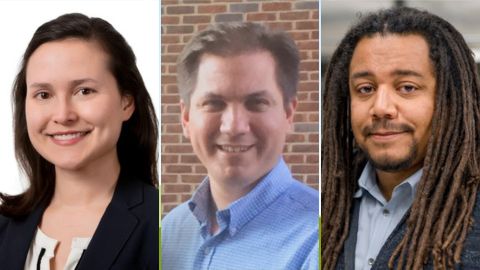
Honors for Clemons, Hatzios and Wiemer
Awards, honors, milestones and more. Find out what's happening in the lives of ASBMB members.
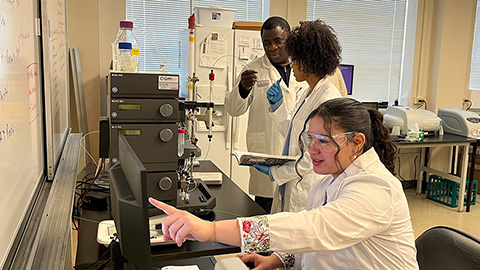
Touching the future from the bench
Scholar, scientist, teacher and mentor Odutayo Odunuga discusses the important roles of the institutional PI, his journey and his research.
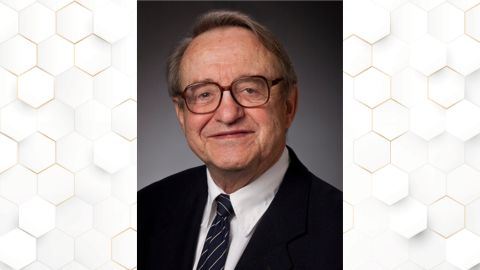
In memoriam: Darwin Prockop
He held leadership positions at multiple institutions and was known for his contributions to adult stem cell biology and cellular biology.

A look into medical writing
Our careers columnist spoke with Ashlea A. Morgan at Chameleon Communications International to get a sense of one type of work a medical writer can do.

